People demand freedom only when they have no power
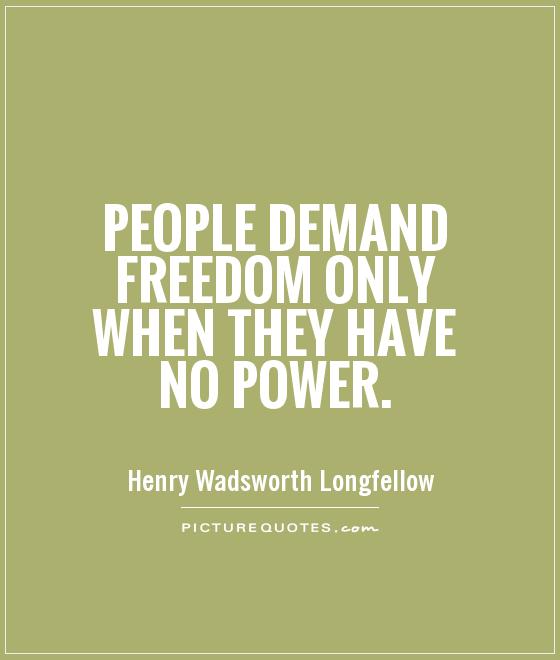
People demand freedom only when they have no power
Henry Wadsworth Longfellow, a renowned American poet, once said, "People demand freedom only when they have no power." This statement holds a profound truth that resonates throughout history and continues to be relevant in today's society.Longfellow's words suggest that individuals only seek freedom when they feel oppressed or restricted in some way. When people lack power or control over their own lives, they are more likely to demand their rights and fight for their freedom. This can be seen in various historical movements where marginalized groups, such as women, minorities, and the working class, have fought for their rights and freedoms in the face of oppression and discrimination.
For example, the Civil Rights Movement in the United States during the 1960s was a powerful demonstration of people demanding freedom when they had no power. African Americans, who were systematically discriminated against and denied basic rights, mobilized and protested for equal rights, desegregation, and an end to racial injustice. Their struggle for freedom was a direct response to the lack of power and agency they had in society.
Similarly, the fight for women's suffrage in the early 20th century was another example of people demanding freedom when they had no power. Women, who were denied the right to vote and participate in the political process, organized and campaigned for their right to suffrage. Their demand for freedom was a direct result of the lack of power and representation they had in society.

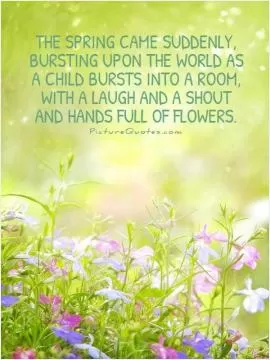
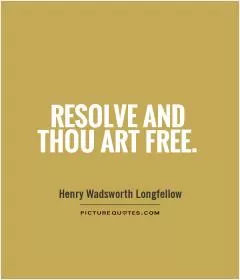
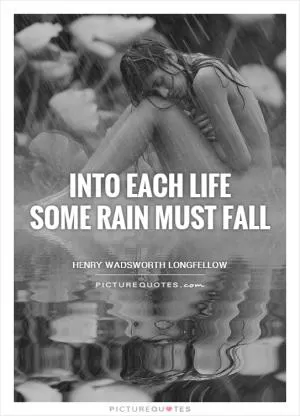
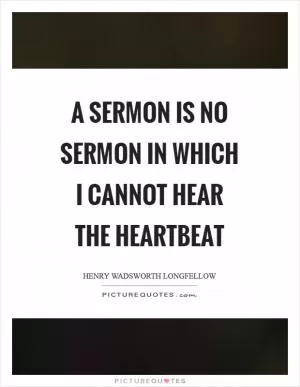
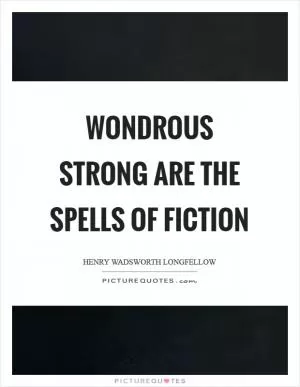
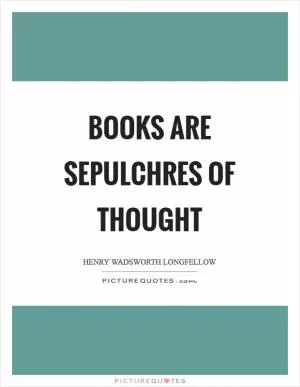
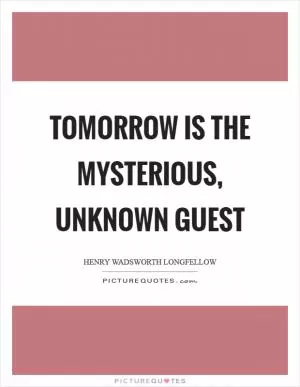
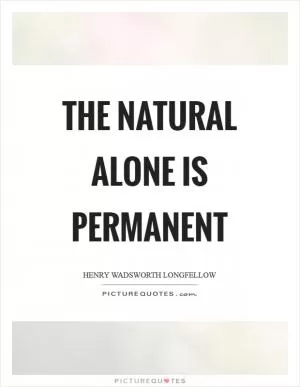
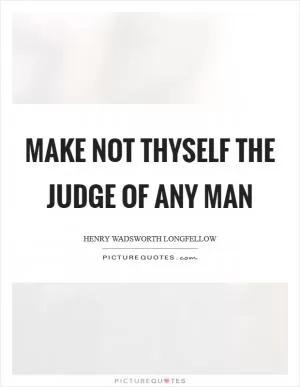

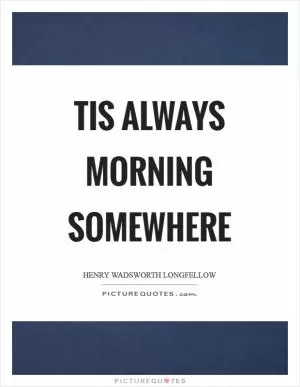
 Friendship Quotes
Friendship Quotes Love Quotes
Love Quotes Life Quotes
Life Quotes Funny Quotes
Funny Quotes Motivational Quotes
Motivational Quotes Inspirational Quotes
Inspirational Quotes